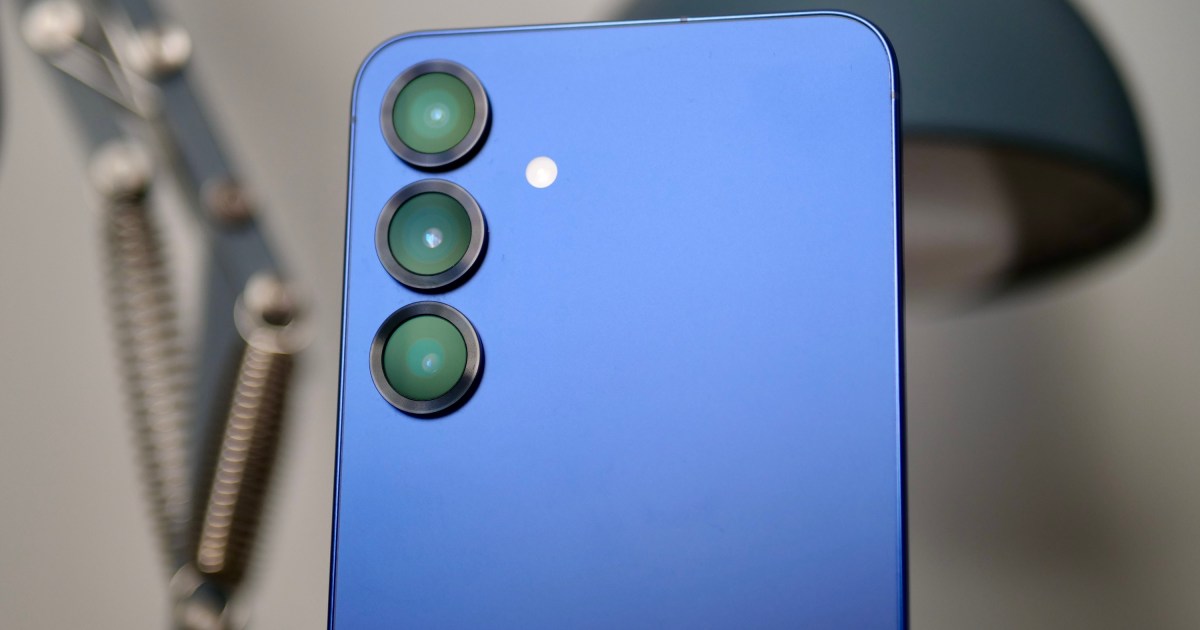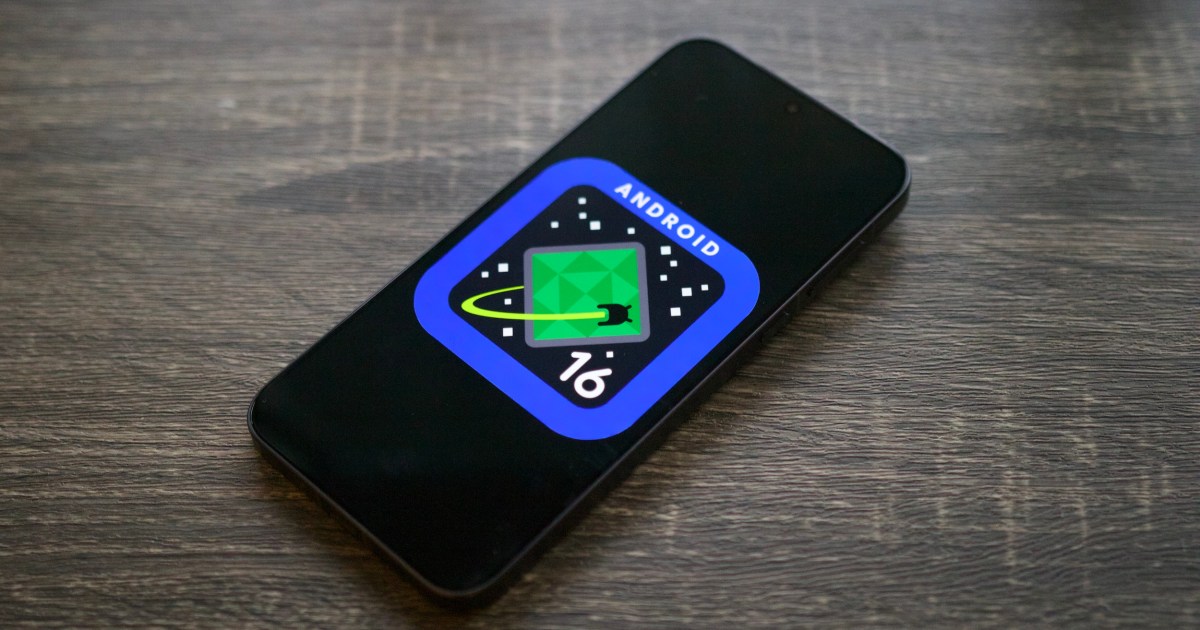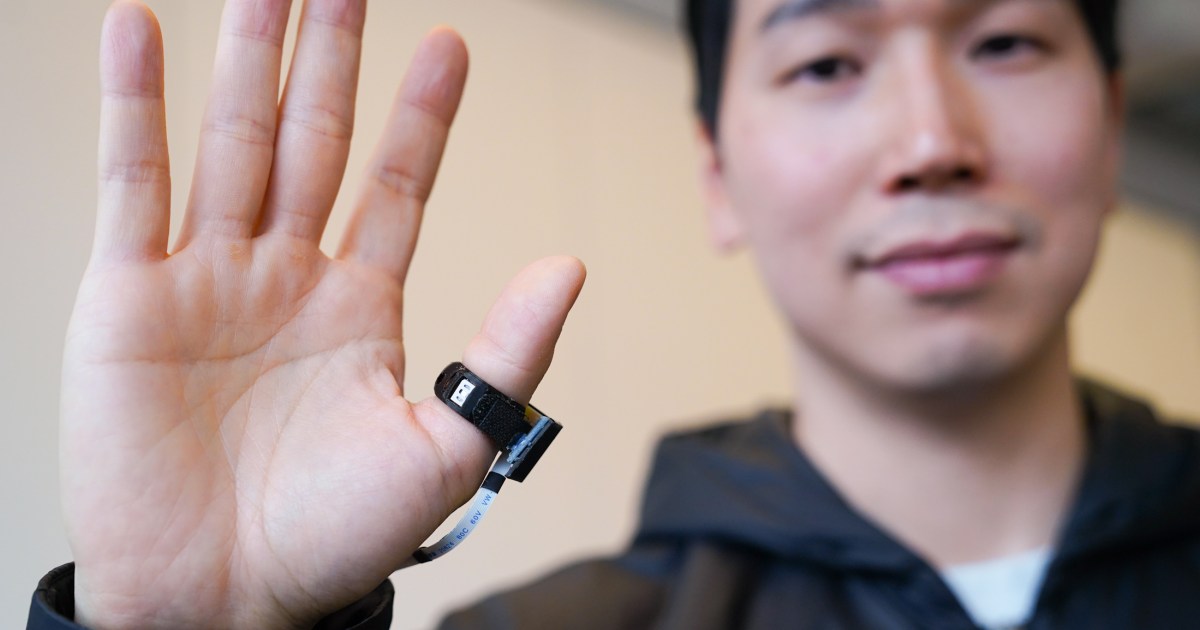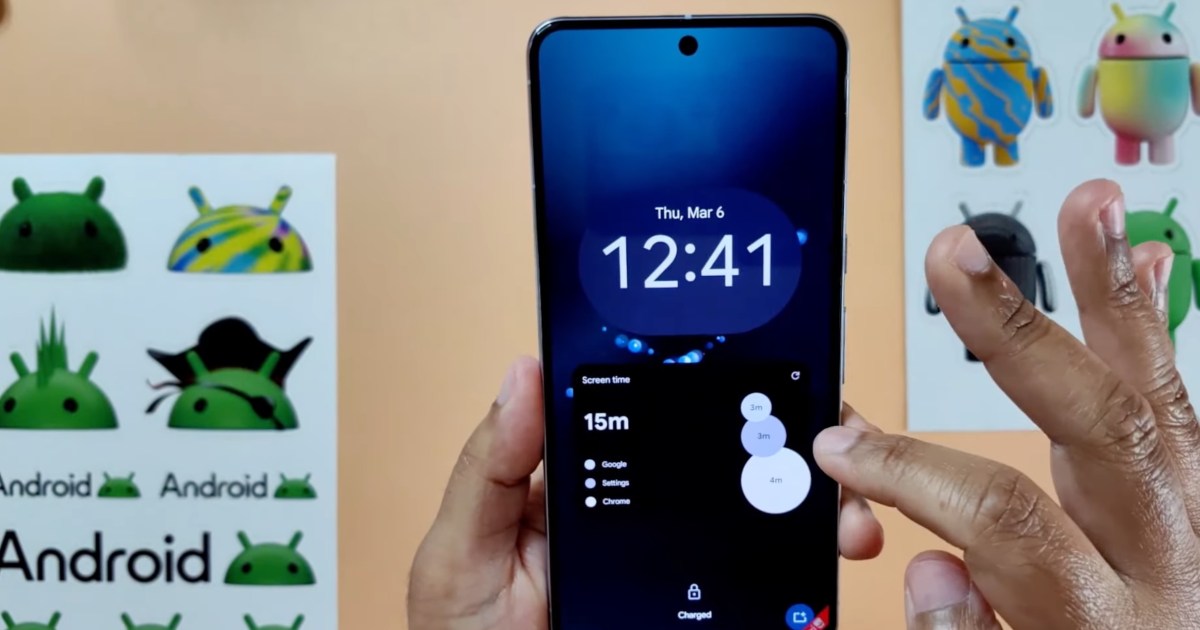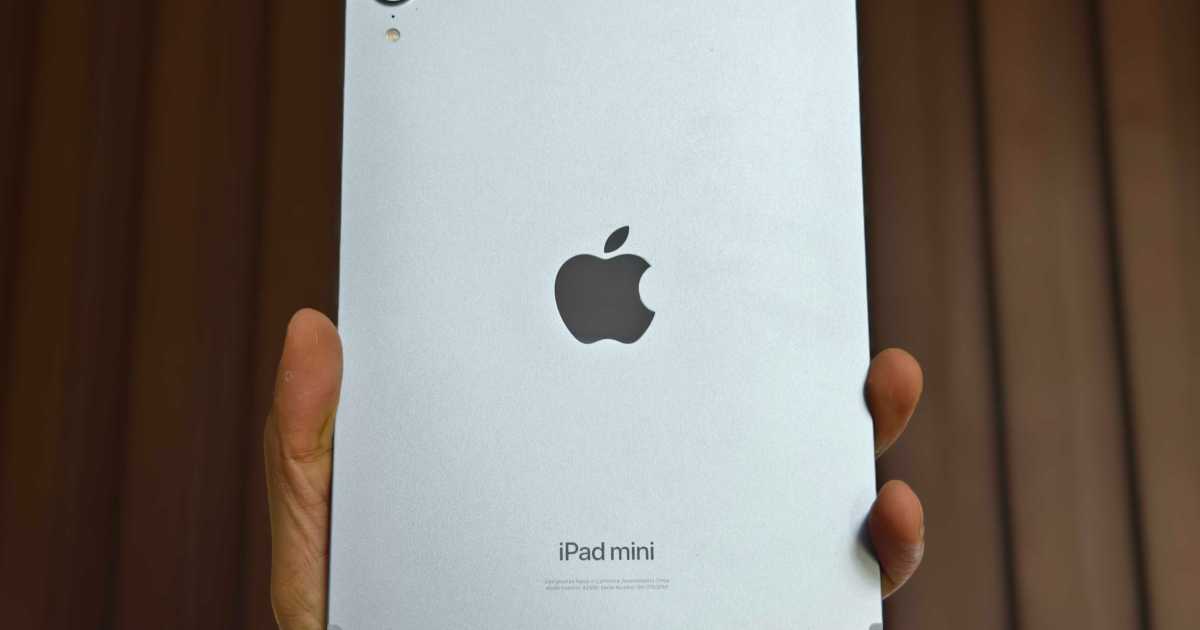One UI 7.0, despite extensive development and multiple delays, might be the only version of this iteration we see. Typically, Samsung releases subsequent versions like 7.1 to address initial bugs. However, a reliable leak suggests a departure from this norm.
Skipping One UI 7.1: Focusing on One UI 8.0
According to leaker @UniverseIce on X, “The next version of One UI 7.0 is One UI 8.0. There is no One UI 7.1 and 7.1.1.” While surprising, this shift could be a strategic move given the current circumstances. Despite numerous beta releases, the stable version of One UI 7 is yet to launch, with no confirmed release date.
Behind Schedule: Impact on Release Timeline
Samsung is lagging behind its usual release schedule. The initial One UI 7 beta, launched in December 2024, was slated for a full release by the end of March 2025. Recent rumors, however, point towards a late April release for flagship devices. This delay seems to be the catalyst for prioritizing One UI 8.0.
The next version of One UI 7.0 is One UI 8.0, there is no One UI 7.1 and 7.1.1
— ICE UNIVERSE (@UniverseIce) March 3, 2025
From Delays to Direct Upgrade: Potential Implications
Skipping mid-generation updates could allow Samsung to concentrate resources on completing One UI 8.0 before the next generation of devices launch, preventing further delays. This strategic shift might lead to an earlier than expected release of One UI 8.0.
SamMobile previously reported on Samsung’s plans to cancel the One UI 7.1 update due to delays. This latest leak reinforces those reports, suggesting the situation might be more serious.
One UI 8.0 on New Devices: Compatibility and Support
Some new Samsung devices might even launch with One UI 8.0 pre-installed. However, the extent of retroactive support for older generations remains unclear. If One UI 8.0 is resource-intensive and requires more powerful processors, compatibility with previous phone models could be limited.
Conclusion: A Bold Move for Samsung
Samsung’s potential decision to skip One UI 7.1 and focus on One UI 8.0 represents a bold strategy to address ongoing delays. While this approach could bring the next major One UI update sooner, it also raises questions regarding support for existing devices. The long-term implications of this shift remain to be seen.



